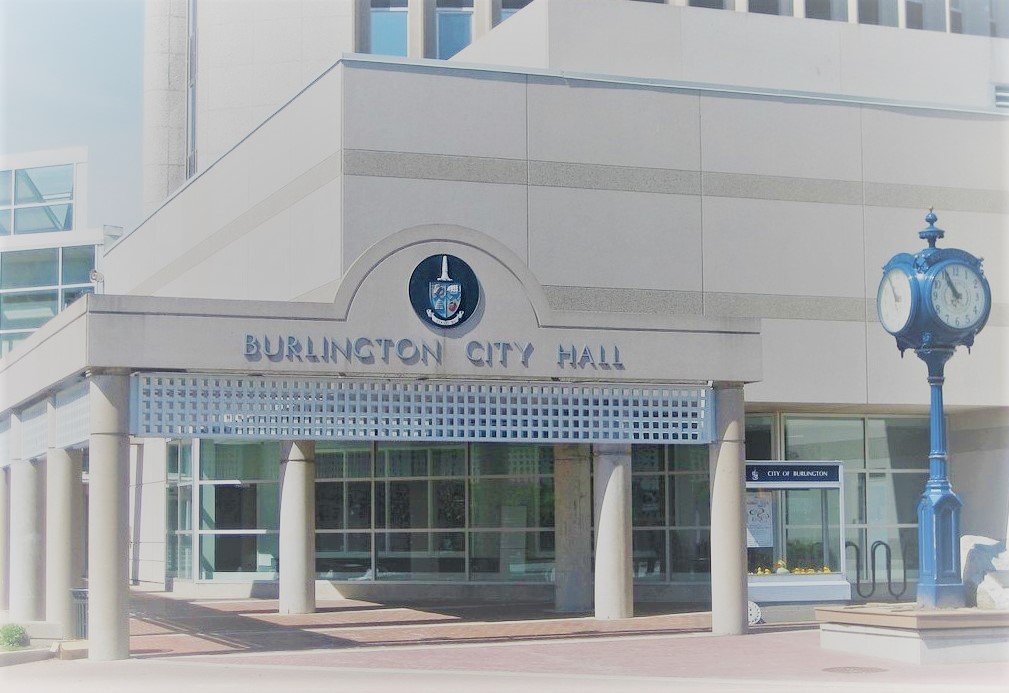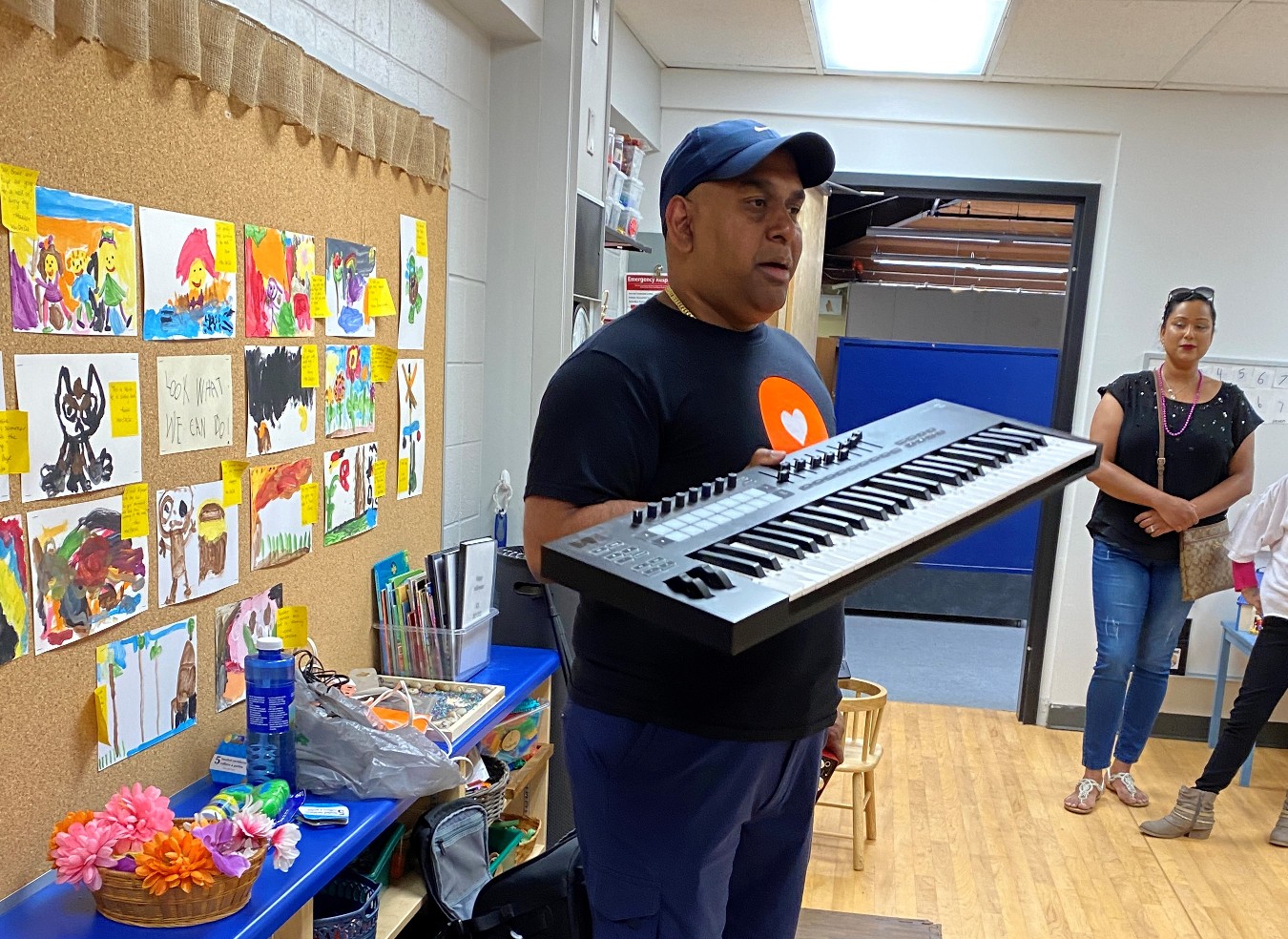Opinion.
Congratulations to those elected and re-elected to Burlington’s new city council.
A new council begins with the feeling of excitement and great sense of possibility. An elected representative has the special privilege of being able to help shape and guide their community for the next four years. I understand from experience the true honour of being elected, feeling the enthusiasm and determination to make a positive impact on the city.
The previous council was plagued with having to devote much time to COVID-19 challenges and virtual working arrangements. The next four years will be different. There will be great expectations placed on council as Burlington faces major challenges and residents will closely watch how this new council will respond. Expectations will heighten for those who have been re-elected.
We all know that trust must be earned, and relationships between council members and with the public are the cornerstone of a successful council. Every new council learns early that good working relationships with other members of council are vital for effectiveness; as important are good working relationships with the city administration staff. Residents expect that council will work respectfully and without negative attention being brought to the city. But when council members lose the trust of their council colleagues, factions develop, decision-making is negatively affected and public support declines.
Some council members pointed residents to the number of unanimous council decisions as evidence of working together well. Unanimous decisions of course have little meaning, and the council of 2022–2026 will have to improve on the last council in terms of how they work together. It’s never too late for solid collaborative leadership and residents will expect better on this front.
From my perspective, there are a number of significant challenges facing this new council, including the city budget, housing and affordability, provincial planning, and, potentially, the introduction of strong mayor legislation. Here, I’ll talk about financial issues and strong mayor legislation; part II of this article will discuss housing and provincial planning challenges that the new council will face.
Budget
The new council will be immediately immersed in budget deliberations that will be difficult. A July 2022 staff budget simulation report paints a challenging picture for residents. The impact of inflation tells only part of the story. A major problem for the city is assessment growth, which is the change in the tax base (the sum of all property values), primarily from new housing and commercial units. Over the past five years, assessment growth has averaged approximately 0.60%. For the next five years, it is projected that average of 0.6% will continue in the same range, which translates to only $1.7 million of additional revenue for an operating budget of $285 million. The new council must recognize the impact of their development-related decisions limiting new revenues.
Council commitments to the Bateman High School acquisition and renovations and to the Skyway Community Centre will impact future budgets. Council will also be asked to address the attraction and retention of staff, and a new compensation system. The new council will be pressed to decide what the actual must-haves are. (At a recent Burlington Chamber of Commerce workforce symposium, City Manager Tim Commisso stated that the city has over 120 full-time vacancies, including some very important positions within the Planning and Engineering departments.)
There will be two budget areas that council may be tempted to use for budget assistance: reserve and asset management funds. Reserve funds provide tax rate and cash flow stability when the city is faced with unforeseen situations. The new council needs to maintain existing reserve fund provisions. Long-term reductions of both sources will impact the city’s asset management program which is already challenged.
The new council will have to find ways to reduce future city tax increases. These are projected to average over 6% per year for the next five years. Council member promises to create more community centres and parkland will require additional tax funding to buy land. Council will have to reconcile the desire and cost of new assets with budget pressures, as financial sustainability is an important consideration.
During COVID-19, the city received over $20 million in federal/provincial government support under the Safe Restart Agreement. In the coming years, the new council is likely to deal with financial belt-tightening from both the federal and provincial governments. Council funding requests to expand city services will be a challenge.
Strong mayor legislation
The province is giving greater powers to the mayors of Toronto and Ottawa (the strong mayor legislation). There is talk of expanding the power to more cities. The mayor and council will need to be very cautious and responsive if this is requested for Burlington. The responsibilities that come to the mayor with this power includes the mayor preparing and tabling the city budget instead of council; appointing a CAO (city manager); hiring and firing directors; and creating and re-organizing departments. Should the mayor receive these powers, the mayor will have to tread carefully and be concerned about the impact of the relationship with council (and staff) if these powers are not used judiciously.
Part II of this column will focus on housing and affordability as well as the impact of provincial planning policy on the city.




